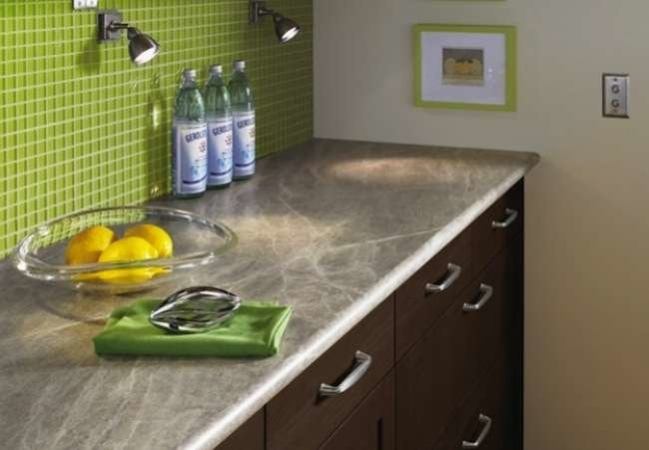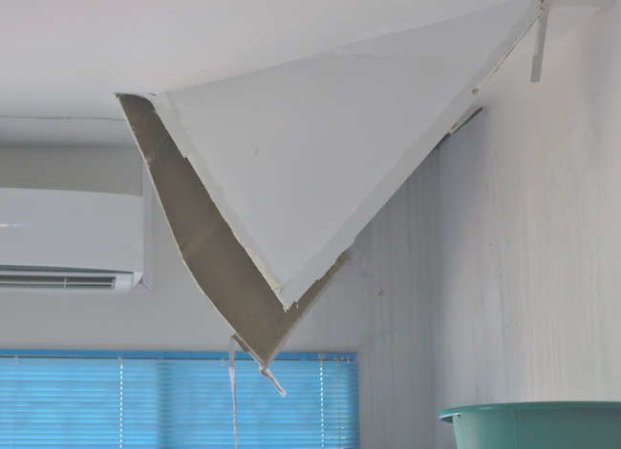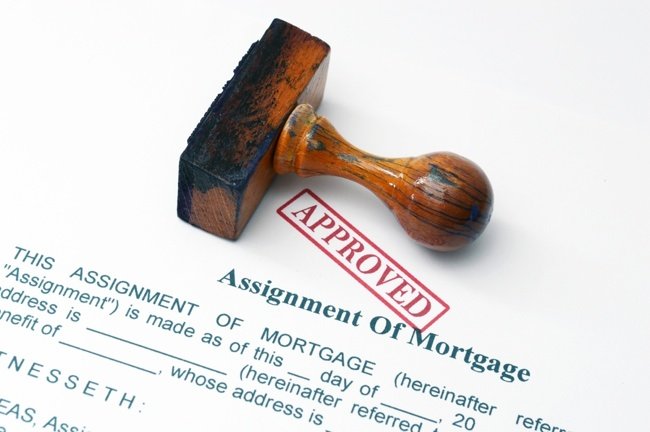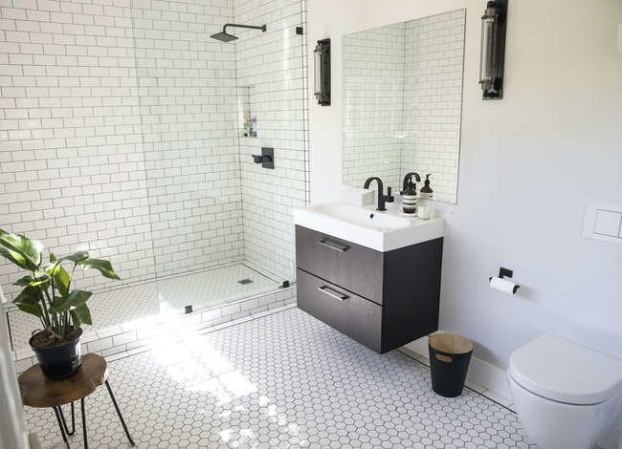We may earn revenue from the products available on this page and participate in affiliate programs. Learn More ›
Freelance workers play a major role in the U.S. workforce. According to a report by Freelancers Union and Upwork, 57 million Americans—35 percent of the workforce—are considered freelancers. There are numerous benefits to freelancing: You can be your own boss, set your own schedule, and pick your own projects and clients. One major disadvantage of working in the gig economy, however, is that mortgage lenders tend to scrutinize freelancers more carefully when they apply for mortgages.
Getting Started
The first thing to know is that those who are considered freelancers, business owners, sole proprietors, or independent contractors all have one important financial characteristic in common: They don’t have pay stubs or W-2 wage statements.
Whichever of these categories you fall into, “when you’re applying for a mortgage, your lender is most likely to use the term ‘self-employed,’ ” says Andrina Valdes, COO of Cornerstone Home Lending. While mortgage applicants who are self-employed follow the same application process that salaried employees do, they may need to go the extra mile. “You’ll prequalify for a mortgage, house hunt, supply documents needed for your loan application, and shop for homeowners insurance,” says Valdes, “but you may have to take a few extra steps to provide proof of income.”
RELATED: 9 Reasons You Might Not Get a Mortgage

Why Additional Steps May Be Needed
Mortgage lenders have good reasons for requiring extra documentation from freelancers. “Since self-employed income can fluctuate throughout the year for many people,” explains Valdes, “these documents can help to decrease your risk in the eyes of the lender by providing a broader look at your earnings.”
There’s nothing like a pandemic to make lenders even more concerned about your ability to pay your monthly mortgage. Ironically, however, now that Covid-19 has laid waste to many jobs that were once considered recession-proof, Upwork notes that 2 million more people have joined the ranks of freelance workers in the past 12 months, and 75 percent earn the same or more than they did from their traditional jobs.
Though there may be more gig workers making more money than there were before the pandemic began, mortgage lenders are antsy about the informal—and often more temporary—nature of freelancers’ working relationships with their clients. Lenders are also concerned that these relationships are a lot easier to sever. This is why Valdes says freelancers should be prepared to provide extra documentation that presents a clearer picture of their income: “You may need to provide personal and business tax returns for the last two years,” she advises, as well as “profit and loss statements, business bank statements (if applicable), and any additional payments or sources of income, including disability or Social Security.”
RELATED: 5 Things Your Mortgage Lender Wishes You Knew
What About Your Credit Score?
Your credit score is always a determining factor when applying for a loan. According to Valdes, however, a credit score is no more important for freelancers applying for a mortgage than it is for mortgage applicants with salaried jobs—and it doesn’t have to be perfect.
Valdes recommends reaching out to a loan officer to discuss your situation. “If you meet the requirements [for a loan], you’ll still have access to plenty of loan products—some that have credit score requirements as low as 620 for those who qualify,” she says.

Why You Could Be Denied for a Mortgage
“Most lenders are looking for paperwork that supports self-employed income for at least the past two years,” Valdes says, so there is a chance that your mortgage application won’t be approved if you cannot demonstrate that you have a steady source of income. That said, even if you’ve been self-employed for less than two years, you may still be approved. In such instances, Valdes explains, approval “would depend on if you were previously employed in the same line of work or a related occupation for at least two years.”
Alternative Mortgage Programs
If you are a freelancer or gig worker and you can’t get approved for a standard mortgage, don’t give up. “A freelancer may still be able to get a mortgage through various alternative and low-document programs offered by most lenders,” says David Reischer, attorney and CEO of LegalAdvice.com. He notes that freelancers can apply for alternative mortgage programs, including “low-doc” (low-documentation) and “no-doc” (no-documentation) loans. “These types of mortgage loan products are available for individuals who do not have W-2 income or sufficient income to demonstrate on their tax returns.”
Low-doc loan eligibility may be determined by the borrower’s stated income and two months of valid bank statements, and as the name suggests, no-doc loans may not require any documentation at all, Reischer says. There are drawbacks to applying for these alternative loan programs, however. “These types of no-doc loans are usually available only for low LTV (loan-to-value) transactions,” Reischer explains, and typically mean a higher interest rate mortgage for the borrower. “Also, the borrower will need to come up with a significant down payment so the lender will have equity in the property to grab onto if the borrower defaults.”
RELATED: 10 Things to Know Before You Take Out a Second Mortgage

One Freelancer’s Story
Stacy Caprio, a self-employed financial blogger at Fiscal Nerd, was recently approved for a mortgage. “Because I am making less this year due to several factors, including Covid, I did do a higher than usual down payment so I would have to qualify for a smaller loan,” Caprio says. “I also chose to do that because I wanted to own more of the property up front anyway.”
Her experience is that “you can get approved if you can show at least two years of consistent tax returns and your last two months of income are consistent with the returns.” According to Caprio, freelancers shouldn’t have problems getting approved for a mortgage as long as their income has been fairly consistent for more than two years at or above their debt-to-income ratio.
















